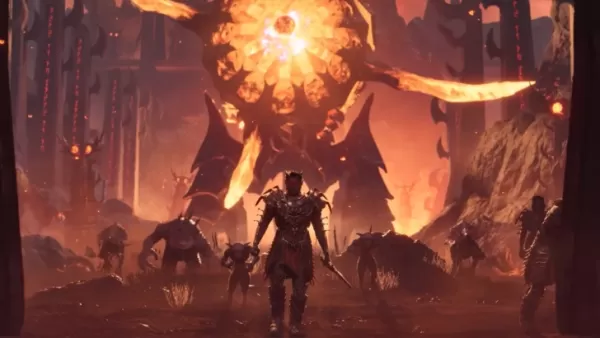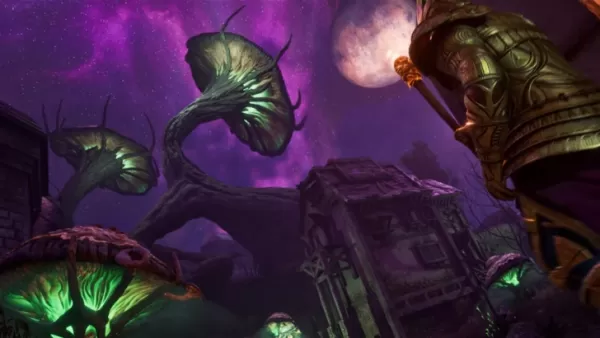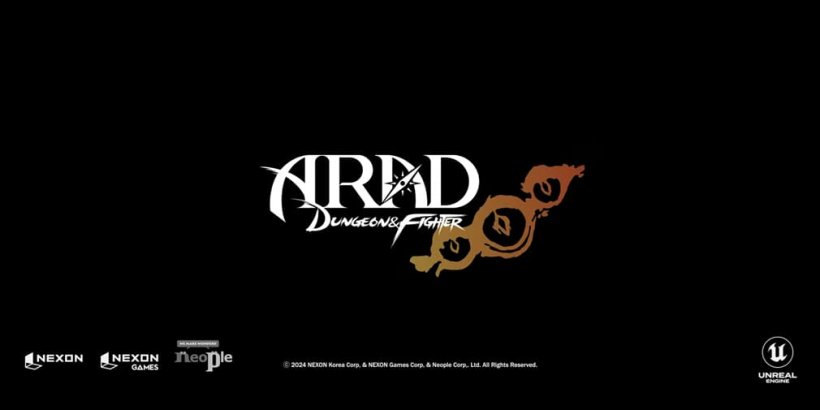Dev Confirms Oblivion Remaster Scaling Bug

One of the original developers behind The Elder Scrolls IV: Oblivion has openly acknowledged that implementing the world-leveling system was a design misstep. Dive deeper into his reflections on the game's mechanics and its enduring popularity since release.
Original Oblivion Developer Praises Remastered Edition's Improvements
World-Leveling System Returns in Oblivion Remastered

Bruce Nesmith, a veteran designer of the original Oblivion, recently confessed that the world-leveling feature was a flawed concept—though it remains in the remastered version. Speaking to VideoGamer, Nesmith, who also contributed to Fallout 3, Skyrim, and Starfield, commended Bethesda for refining the leveling mechanics to better suit contemporary players.
The original Oblivion required players to repeatedly level major skills and rest to boost attributes—a system overhauled in the remaster to mirror Skyrim's approach, where experience accumulates across all skill lines. Nesmith hailed this change as "bold" and long overdue.

However, Nesmith stands by his criticism of the returning world-leveling system, which scales enemy difficulty with player progression. He noted it creates a frustrating loop where "leveling up feels meaningless as dungeons grow stronger alongside you." This design choice, absent in Skyrim, sparked player criticisms since Oblivion's 2006 debut—leading modders to tweak the system themselves, a trend resurfacing with the remaster.
Oblivion Remastered Surpasses Expectations

While rumors of an Oblivion remaster circulated for years, few anticipated Bethesda's extensive overhaul. Nesmith admitted he expected mere texture upgrades akin to Skyrim Special Edition—not the comprehensive rebuild delivered.
In his interview, he marveled at the scale of enhancements: "Honestly, 'remaster' undersells it. The team deserves praise for redefining what a classic revival can achieve."

Bethesda leveraged Unreal Engine 5 to reconstruct Tamriel beyond the original's technical constraints, earning acclaim for its visual fidelity and gameplay polish. Game8 awarded the remaster a 90/100, celebrating its heartfelt modernization of Cyrodiil's vibrant world.
-
LEGO’s October lineup is already shaping up to be exceptional, with fresh Wednesday-themed sets and the long-awaited LEGO Game Boy making waves. But another thrilling build is ready to steal the spotlight this spooky season: Gizmo from Gremlins is joAuthor : Joshua Feb 24,2026
-
Deluxe PackPriced at $59.99, the Deluxe Pack contains the following items: ⚫︎ Early Adopter Item ⚫︎ Name in Credits ⚫︎ Discord Role ⚫︎ Miller’s OPA Heavy Armor ⚫︎ Spec Ops Assault RifleThis pack is exclusively available on Owlcat Games’ officialAuthor : Noah Feb 23,2026
- Stardew Valley: How To Befriend Willy
- Crunchyroll Game Vault adds Battle Chasers: Nightwar, Dawn of the Monsters, Evan’s Remains and more
- DISCOVERY CHANNEL TO UNVEIL CROSSOVER IN 'Reverse: 1999' 2.0
- Hotta Studio's Open-World RPG, Neverness to Everness, Announced
- Military Strategy Game Warpath Launches a Navy Update with 100 New Ships
- Half-Life 3 Speculations Spark Again as Risk of Rain Original Devs Join Valve's Game Dev Team























